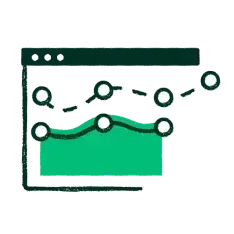undergraduate
Nuclear medical technician
Best schools with nuclear medical technician
What is a nuclear medical technician major?
Nuclear medical technician students learn, under the supervision of physicians, to employ radioactive and stable nuclides in diagnostic evaluations and therapeutic applications while monitoring for patient health and safety. This includes instruction in nuclear physics, health physics, instrumentation and statistics, biochemistry, immunology, radiopharmacology, radiation biology, clinical nuclear medicine, radionuclide therapy, computer applications, safety regulations, equipment operation, quality control, laboratory procedures, taking patient histories, patient evaluation and monitoring, emergency first aid, administration and record-keeping, and personnel supervision.
How much do nuclear medical technician majors make?

This data isn't currently reported, but we're working on it!
How popular is nuclear medical technician as a major?
Each year, around 300 students obtain a bachelor’s degree and around 230 students obtain an associate degree in nuclear medical technician. In 2021, 305 students received a bachelor's degree and 202 students received an associate degree. This is 6% more nuclear medical technician majors than there were in 2020. Nuclear medical technician is a relatively uncommon major within medical assistants and technician.


